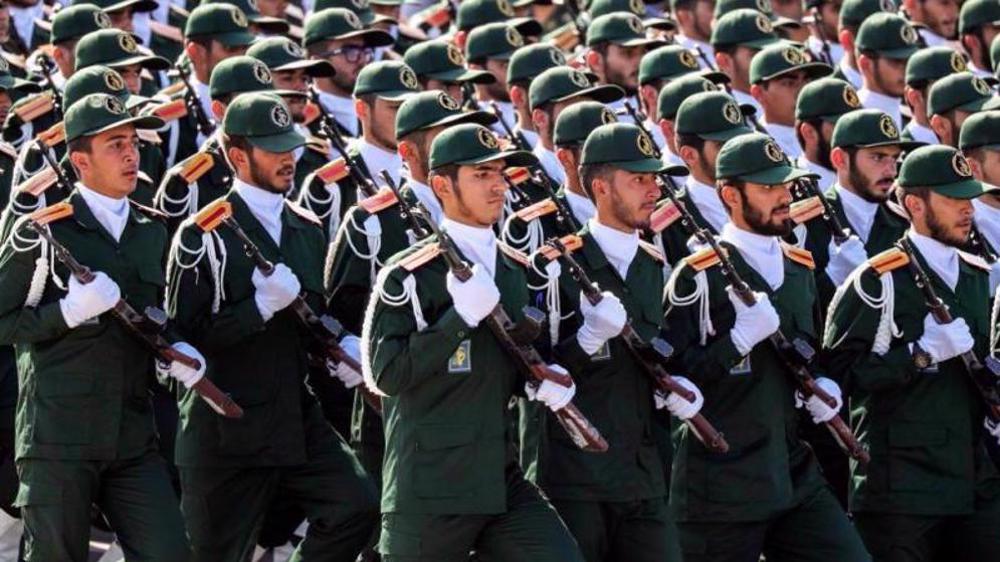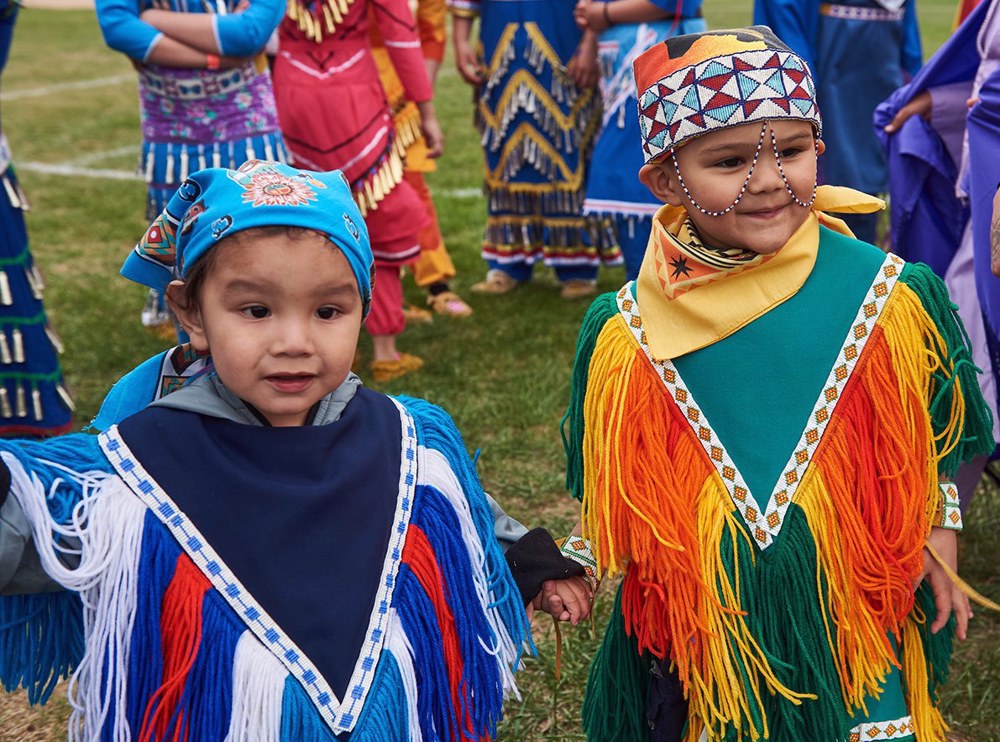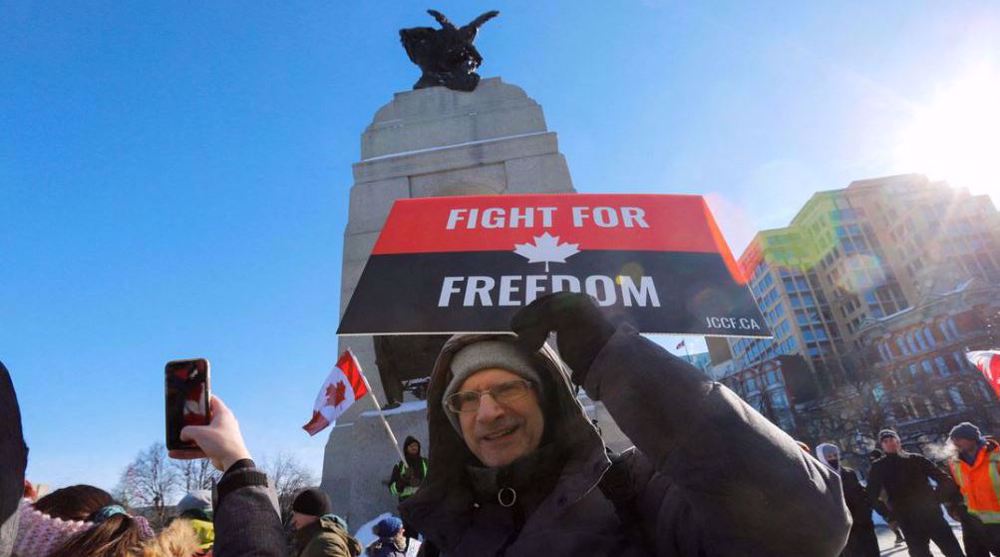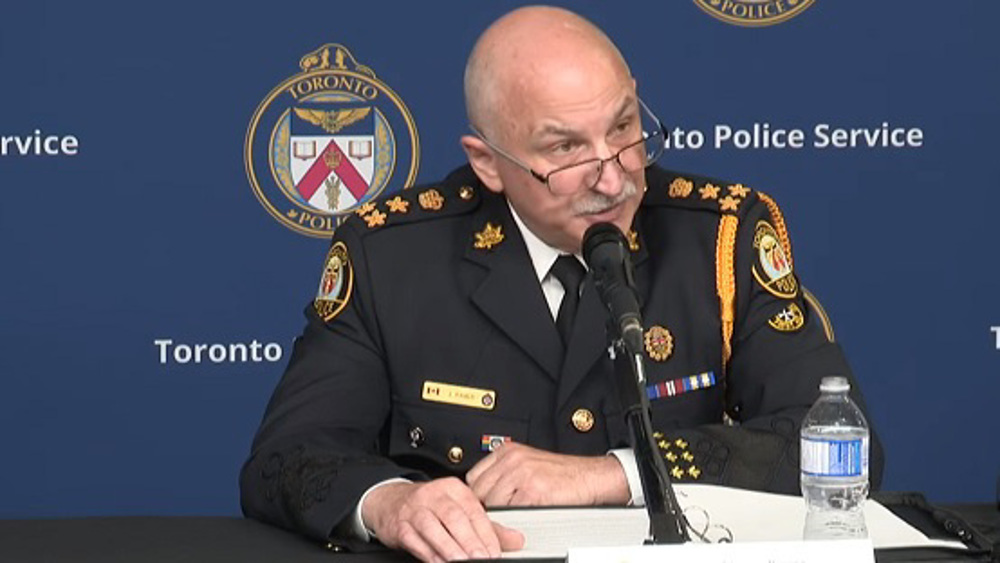Canada signs $15.5bn deal to compensate indigenous children taken from families
The Canadian government has signed a $15.5 billion agreement to compensate First Nations children and their families harmed by the chronic underfunding of the indigenous child welfare system.
The deal was agreed upon in two class-action lawsuits by the Assembly of First Nations and plaintiffs on Monday.
The settlement accounts for half of an overall $31.1 billion deal that aims to reform Canada's child welfare system, including five-year funding for the First Nations Child and Family Services program.
It has been described as the largest settlement in Canadian history by Indigenous Services Canada, a government agency.
Half the fund goes to compensate First Nations children on reserve in a northern territory that were removed by force from their homes since April 1991.
First Nations make up 60 percent of the total number of indigenous people living in Canada.
“The parties have agreed on a plan for settling compensation claims to recognize the families and people who have suffered tremendously through discriminatory and systemically racist child-welfare practices," said Patty Hajdu, the minister of the Indigenous services.
Five-year funding for the First Nations Child and Family service program will also be provided from the other half of the settlement.
This includes funds to support indigenous adults to help keep their families together.
Cindy Woodhouse, the Manitoba regional chief at the Assembly of First Nations, praised the deal.
“And after three decades of advocacy and months of negotiations, I'm proud to say on behalf of the AFN that we have reached another historic milestone for our children and their families," she said in a statement.
More than 200,000 children, not including family members, are believed to be up for compensation.
The long-running legal battle started in 2007 when First Nations Child and Family Caring Society claimed that the child welfare system was discriminatory.
In 2016, the Canadian Human Rights Tribunal (CHRT) ruled against the federal government while ordering compensation payments worth of $40,000 for each indigenous child forced to leave home.
The Canadian government appealed the ruling, but the court upheld the decision.
“We will continue working with the parties so that future generations of First Nations children will never face the same injustices, and can thrive, surrounded by their loved ones, languages, and cultures,” Marc Miller, Minister of Crown-Indigenous Relations, was quoted as saying.

Eleven killed after car rams into crowd at Vancouver Filipino festival

Tehran slams Paraguay’s blacklisting of IRGC as illegal, tied to Israeli agenda

Panama rejects Pentagon chief's idea of US bases on its soil
Israeli settlers storm al-Aqsa Mosque amid intensified West Bank raids
Canadians take to the polls as Trump renews US takeover push
Israel uses 'Bar' guided rockets in Gaza genocide for the first time as death toll surges
Iran condemns deadly US attacks on Yemen as ‘war crime’, blasts international silence
Hague court upholds verdict favoring Iranian banks in Bahrain case
VIDEO | Press TV's news headlines
VIDEO | Laughter under rubble: Palestinians turn displacement into defiance
Iran ‘fully ready’ to help Zimbabwe in its fight against terrorism: Defense minister









 This makes it easy to access the Press TV website
This makes it easy to access the Press TV website